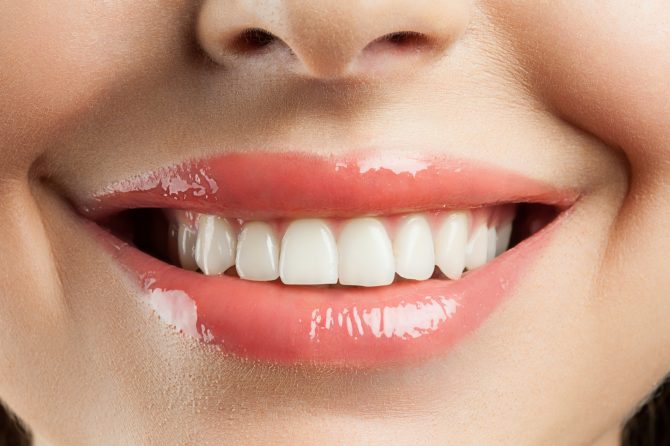
What causes gum recession and can my gums grow back?
The gums are the unsung heroes of the dentistry world. They not only work hard at keeping your teeth in place, but they also protect the tissue underneath. Yet despite their good work, most people only think to take care of their teeth, thereby neglecting their gums.
But it’s important to look after your gums too because otherwise, it can lead to problems such as gum disease and gum recession. Neither of these conditions is particularly desirable because they can eventually lead to tooth loss.
If you’re wondering whether gums can grow back or how to treat receding gums, then continue reading, as we’ll answer these questions in this blog post.
Can my gums grow back?
Unfortunately, no, your gums can’t grow back. Once they’ve receded, they’ll stay receded. This is why it’s important to prevent gum recession before it occurs.
And did you know that the enamel on your teeth doesn’t grow back as well? Our bodies do a great job at healing wounds but unfortunately, it can’t grow new gum tissue or enamel. Once they’re gone, they’re gone for good.
What causes gum recession?
Many things can cause your gums to recede, but the main cause is gum disease, which is where a bacterial infection destroys your gums. Gum disease is usually due to inadequate oral hygiene.
However, you can also be guilty of brushing your teeth too often or too hard. This can be counteractive because it can wear down your gums. While you do need to brush your gums to keep them clean, please do so gently. This is because brushing your gums with too much pressure can erode them and cause a receding gum line.
Another cause of gum recession is bruxism, which is a condition commonly known as teeth grinding. Many people grind their teeth during the night without even realising it. As well as damaging their teeth, these people are also putting pressure on the gums, thereby causing gum recession.
A variety of other factors can also lead to receding gums, including drinking alcohol, smoking, and even genetics: some people are just unlucky and have a genetic pre-disposition to gum recession.
What can I do about gum recession?
If you have severe gum recession, then your dentist might recommend a treatment such as a gum graft. This is where a surgeon takes tissue from another area of your body, often the roof of your mouth, and puts it onto your gum area. Another treatment is called the pinhole surgical technique. This involves manipulating your gum tissue over the exposed roots of your teeth.
However, if your recession is not severe enough to warrant treatment, then your dentist will instead recommend that you only take measures to prevent further recession. For example, if your recession is due to gum disease, then you should take better care of your teeth by brushing and flossing more frequently. Or if your gums are receding because you’re brushing them too hard, then the solution is to use a softer toothbrush and to brush more gently. This won’t make your gums grow back, but it will help to prevent further gum loss.
Need help?
If you’d like to speak to one of our dentists about gum recession, then don’t delay in making an appointment. The sooner you start doing something about your receding gums, the sooner you can stop the problem. While there’s nothing you can do make your gums grow back, you can stop the recession from getting worse.
Leave a reply
Good afternoon, I am looking for a dentist that is able to help treat a black triangle in my front top teeth. My teeth are generally in good condition.
Replythanks for info
ReplyHaving a gum problems is really hard and helpful guide you shared that everyone can refer through it.
ReplyI was diagnosed with gum disease. Gums receded. They have grown back due to a protocol consisting of three things: salt and water rinse, clove extract and sesame rinse and haldhi (turmeric) made into a paste with water. Do it once or twice a day. One tooth is completely covered, another is half way there.
ReplyIs it possible for gums to regenerate naturally, and if so, how? Greeting : <a href="https://sas.telkomuniversity.ac.id/en/">Telkom University</a>
Reply